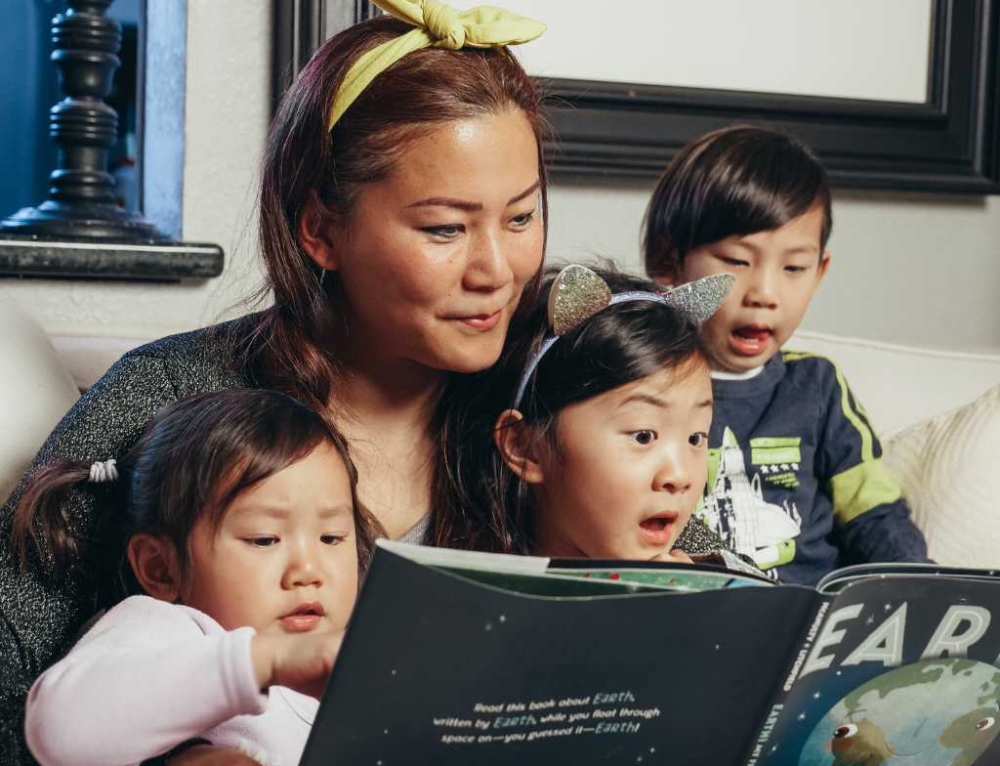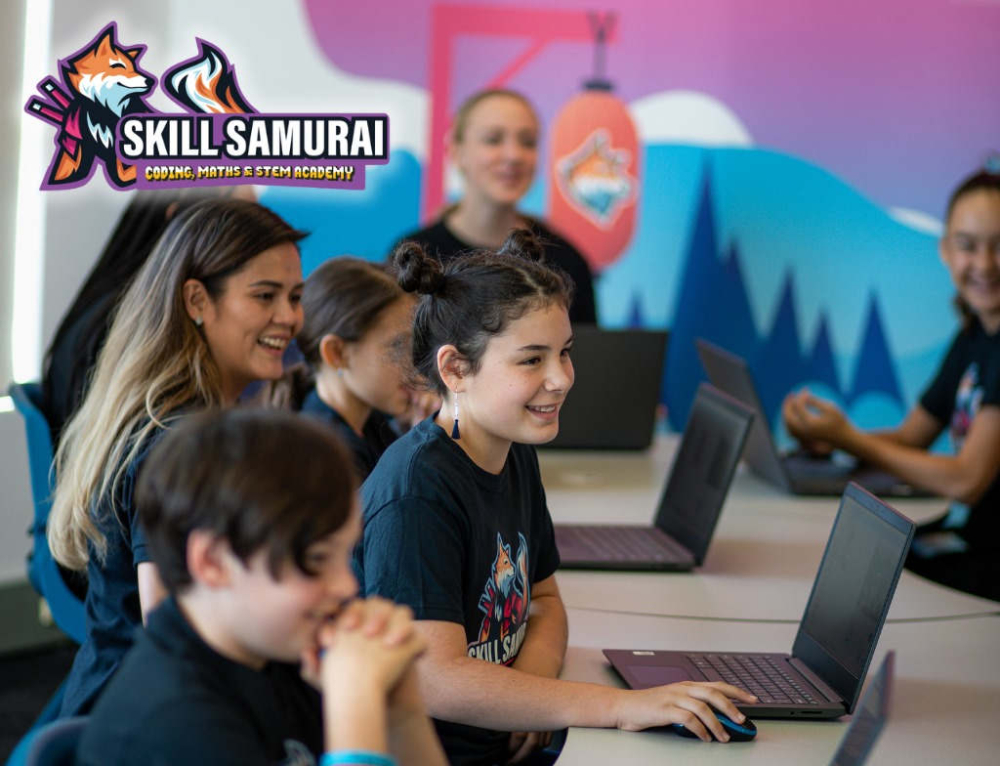The supermarket closes in fifteen minutes and you’re all out of bread for the kids’ lunches tomorrow. You could pop to the shops but baby’s having a nap and he was so hard to get down for a sleep. Five minutes … that will be OK, right? In and out, no worries?
We’ve all seen the headlines: ‘Kids found in carpark while parents gamble for hours’ or ‘Mum parties while kids left home alone’ and so forth. We know these circumstances are unacceptable. Is there a difference if you’re just popping in to the dairy for a bottle of milk and your child is securely strapped into their car seat in the carpark right outside?
In our minds we may think it’s OK, but the law says it’s not OK – and for good reasons.
Babies and toddlers
Leaving a baby or toddler unsupervised for a long period of time is something that the majority of parents would never consider. But things can go terribly wrong when it comes to babies and toddlers, even if the absence of supervision is ‘just for a few minutes’. Waking up frightened or in pain, a baby can become distressed very quickly. Choking is a very real hazard along with overheating, especially in cars. Toddlers and young children are naturally curious and lack the ability to understand risk. Without appropriate supervision, heaters, matches, hazardous chemicals, swimming pools, electrical devices, scissors and other household items can pose a real danger to their safety in just a matter of moments.
When you find yourself in a situation, consider your options and never be ashamed to ask for help: Can you ask a neighbour to watch the kids while you pop to the store? Can a friend pick up what you need? Is there an online delivery service? If all else fails, pop baby in a sling and he may just sleep on your walk to the store anyway.
Older kids
Many people who are parents now, were brought up in a generation that was a lot less strict when it came to supervision of kids. The much-shared quote that ‘we knew it was time to go home when the street lights came on’ seems a world away from where we seem to be now. You may have come home after school to an empty house, with your parents out working. Younger siblings may have been your responsibility until the working day was over. It would have hardly raised an eyebrow back then.
But, left to our own devices, I’m sure we can all confess to getting up to a bit of mischief now and then. Or perhaps, being alone, you may have felt anxious or frightened if visitors called by or things happened that were out of your control. We have a tendency to look back on the past with rose-tinted glasses, only picking out the sentiment that ‘we survived’. Children left home alone, even just for an hour or two, may have unmonitored internet access, be at risk from cooking accidents or be left unsure what to do in an emergency.
The law surrounding supervision of young children may be clear but there is still uncertaintly when it comes to older children. Parents will have very different views surrounding what is considered to be appropriate, based on their own childhood, culture and work-life circumstances. The law requires that parents supervise their children or arrange for reasonable supervision in their absence.
Nowadays parents may have before and after school care options available to them and flexible working arrangements are more common. If your partner or family are unable to assist with care, explore other options in your local community.
The law in New Zealand
According to the NZ Police website:
“Young children must never be left alone in a house or vehicle – they need constant supervision. It is illegal to leave a child under the age of 14 years without reasonable provision for their care.”
“What is considered ‘reasonable’ takes into account the circumstances in which children are left alone and the length of time they are alone. Parents are required to assess all the circumstances and make sure that any child left alone, or in the care of another child or young person is safe and not in danger.” Child, Youth & Family
What you need to consider
When deciding what is an appropriate levels of supervision, parents and caregivers are required to ensure that children are safe and not at an unacceptable risk of harm. You can not cover every eventuality, but you do need to exercise a reasonable amount of caution. Child, Youth & Family list some things you may want to consider:
-
the age and needs of the child
-
the child’s level of maturity and understanding
-
the place where the child was left
-
how long the child was left alone, and how often this occurs
-
were any other children left alone with the child
-
is a pre-arranged responsible adult accessible to the child
-
does the child know what to do or who to contact in an emergency
-
is there a responsible adult that will check in on the child
Over fourteen
There is no magic maturity button that flicks on when a child reaches their 14th birthday. The law may state that this is the age when children can be left unsupervised but parents still have an obligation to ensure their safety. Ask yourself if your child is responsible enough to be left alone. Ask THEM if they are confident in being left alone. Extended periods without supervision may still be inappropriate and the child should always have an adult close at hand for emergencies. Practising this independence in a comfortable and safe environment is essential for a child’s confidence.
Babysitting
What parent hasn’t counted down the days until their oldest child’s 14th birthday so they can have a date night with their partner without the added expense and worry of hiring a babysitter?
Parents know their kids better than anyone and they know what they are capable of. If it means putting off those date nights for a few more months or even a couple of years until your child shows sufficient capability and responsibility (and the ability to stay off their phone for a few hours) to be left in charge of younger siblings, or other people’s children, then so be it.
TIP: If you crave some adult conversation or time alone with your partner, why not get a group of friends together and create a babysitting club. Take turns to look after the kids while others enjoy some free time. No payment is required, just a reciprocal babysitting favour. If you have a teen who is keen to babysit, let them help you out when it’s your turn. This will also give you a chance to see them in action before taking on the responsibility themselves.
Considerations for babysitting, as recommended by Child, Youth & Family:
-
is the babysitter sufficiently mature and responsible to be left alone at this time?
-
does the babysitter feel happy and confident about being left?
-
have the caregivers thought about any risks and talked through safety issues with the babysitter?
-
can the babysitter handle any problems that might arise?
-
are there any areas that they would struggle with?
-
who is close by who could help them if the need be?
-
does the babysitter know how to contact that person urgently if there is a need?
-
is that person available at the time required?
Outside the home
The law regarding supervision of children is not specific to the ‘home alone’ scenario. Parents are also required to ensure appropriate supervision when children are out and about – at the shopping centre, travelling on public transport, at the playground, walking home from school, etc. From Child, Youth & Family: ‘Parents need to exercise judgement in these situations and social workers need to use their professional judgement when helping families think through issues of risk and safety.’







Leave A Comment
You must be logged in to post a comment.